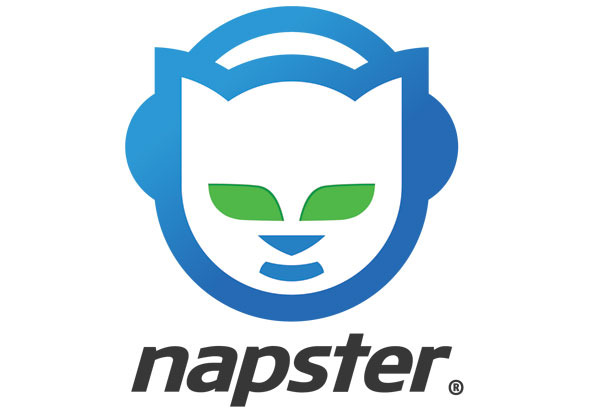I was a Napster kid. Me and the rest of my frat brothers lived in the house that Paul Allen built in Greek Row on the Washington State University campus, which gave us access to the only T-1 line not controlled by the school. And because the server running the entire Greek system was in our attic, we had complete control over how and what we did online.
Back in 1999, this was HUGE. Considering some of us had just installed cable internet at home (most were still on dial up), the T-1 speed and constant connection opened a huge world of possibility. We could research online without having to wait, we could stream Britney Spears videos and porn. We could play Half Life. Oh, and we could pirate the hell out of some 128 kbps MP3s that sounded terrible on headphones and worse coming from speakers of a reasonable size.
Care we did not. We filled 40-gigabyte hard drives (!!!) to the brim with every song we could imagine. We’d then take those crappy MP3s and burn them to CDs so we could listen to them on campus. For the four months I lived in the Phi Kappa Theta house, I don’t remember buying a single song or paying to watch a video.
Do I feel bad? Eh. We went the path of least resistance. None of us had much money to buy CDs and no one liked to spend $15 an album for one song. We also reveled in the novelty of it all.
But as technology progressed and the industry figured things out, it became easier to pay for high-quality media. No longer did I have to search other user hard drives (how do you think Napster worked?) to discover some 80s song, as iTunes had it and could get it to me even faster. As the years went by, all my pirated music has been replaced by either iTunes downloads or ripped (purchased) CDs. It no longer made any sense to bother with pirating, as prices and accessibility made going legit easy.
We knew what we were doing wasn’t right. We knew that artists deserved to be compensated for their work. But we weren’t addicted to the files themselves, but rather the idea that sharing of goods, ideas and anything else was the future of the internet. Our interest went far beyond just having a hard drive full of free stuff, it was more about connecting and discussing what we liked most about our world.
Because of us and the millions of people who still share copyrighted works, SOPA and PIPA are threatening to punish anyone suspected of sharing and distributing copyrighted work. No trial, no evidence needed, just a letter and that’s it. Here’s a video explaining all of this better than I can:
Jeff Moriarty of Improv Media also has a nice piece on the subject.
While I understand the plight of anyone whose work is copied, downloaded, stolen or used without renumeration or credit, blanket legislation such as SOPA and PIPA are NOT the answer. The answer is far more complex and far more important than a bunch of aging representatives (average age of a Congressional member is 62) can obviously understand. If defeating this legislation means that I will make less money off my copyrighted works in the future, so be it.
The internet isn’t just about freedom, it IS freedom. The freedom to share ideas, share files, share thoughts and share stories. It is, at least it should be, the digital representation of our analog selves. We wouldn’t tolerate this kind of behavior in the analog world, why should it be any different online?


One Comment on ““Thoughts on SOPA & PIPA from a Napster kid””
Nice post, Tyler. Great points all around.